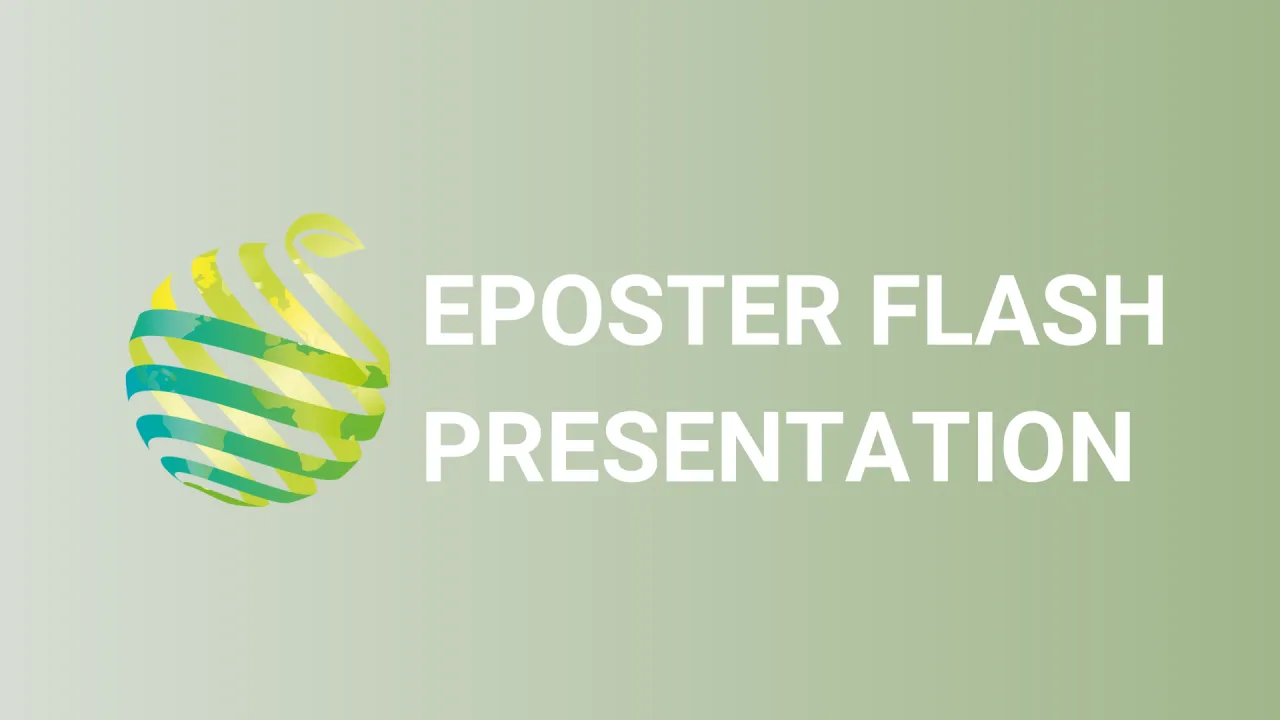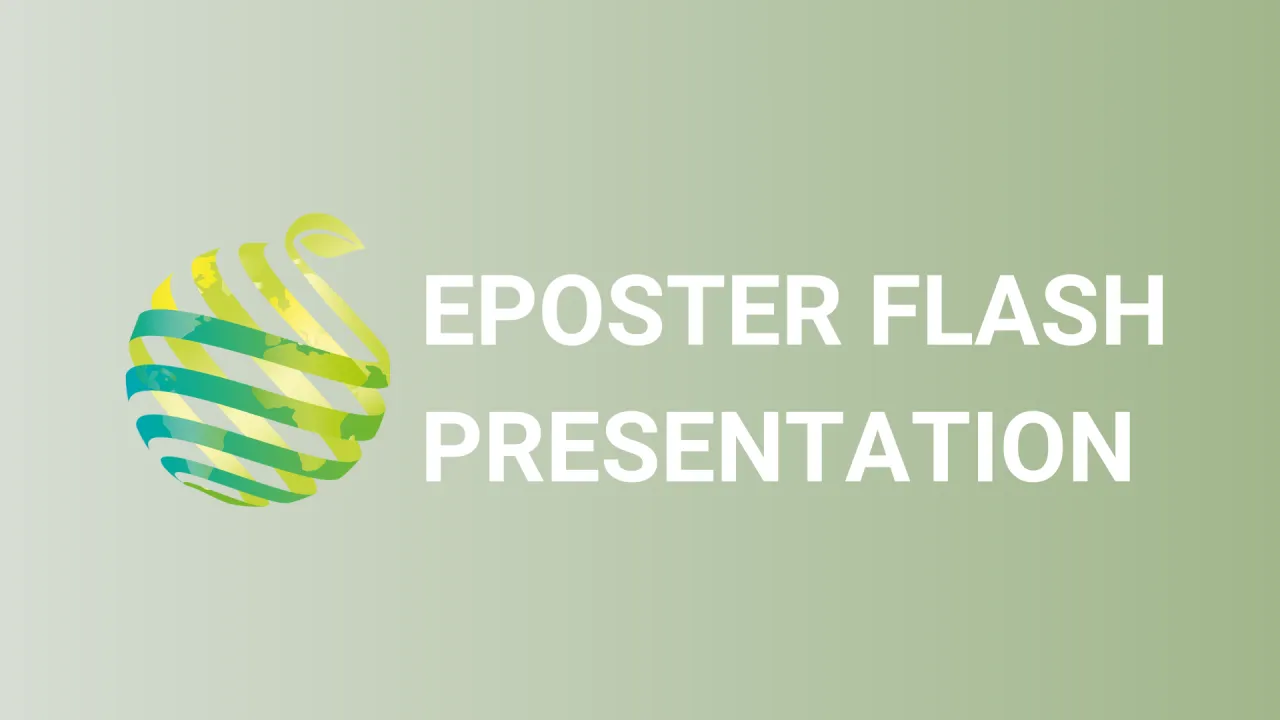

S21 - Session P1 - Identification of banana cultivars adapted to ecologically intensified cropping systems without chemical input
Information
Authors: Manon Rapetti *, Régis Ramassamy, Marc Dorel
Cavendish banana cultivation in the French West Indies has been undergoing an agro-ecological transition since the end of the 2000's. This transition involves alternative cultural practices to chemical use, such as controlling black Sigatoka through severe de-leafing, planting live mulch for weed management, and replacing mineral fertilizers with organic fertilizers. However, these practices can reduce photosynthetic production and soil nitrogen availability. One of the levers to maintain satisfactory yield despite these suboptimal cropping conditions would be to cultivate cultivars adapted to these conditions. In this study, we characterized 12 Cavendish cultivars from Vitropic SA brochure on their agronomic performance under severe de-leafing and nitrogen shortage. We measured a range of agronomic traits (yield, bunch weight, fruit number, fruit size, plant height and robustness) of the cultivars in two trials. In the first trial, we measured the effect of photosynthetic production variation on the agronomic traits. In the second trial, we assessed the agronomic traits in four plots with contrasting characteristics in terms of severe de-leafing and nitrogen shortage. Based on the number of fingers per bunch, Poyo, a cultivar with small fruit number, maintained its bunch weight despite a decrease in photosynthetic production, whereas DC-01, a cultivar with a high fruit number, exhibited the highest bunch weight decrease. Differences between cultivars in yield stability between was observed in the soils with contrasting characteristics, withs Ruby and Mat-12 maintaining the same yield despite severe de-leafing. while Under nitrogen shortage Gua-02 exhibited the highest yield. These results suggest that the cultivars differed in their sensitivity to severe de-leafing and/or nitrogen shortage. This work allowed us to identify promising Cavendish cultivars for suboptimal conditions and agroecological cropping system.